FRANKFURT, Germany — Friedrich Merz’s unprecedented failure to win election as German chancellor in the first round of voting in parliament — though he won in the second — raised doubts about his new government’s ability to carry through on plans to push Europe’s largest economy out of stagnation.
Tuesday’s stumble at the start of his new coalition government between his Union bloc and the Social Democrats added uncertainty around the future of an economy that hasn’t seen significant growth since before the COVID-19 pandemic.
Above all, Merz had been expected to end the squabbling over spending and budgets that plagued predecessor Olaf Scholz’s unruly three-party coalition that collapsed in November. His Feb. 23 election win and coalition deal seemed to provide assurance that his government could end policy paralysis and confront challenges including lagging investment in pro-growth projects, choking bureaucracy and a lack of skilled labor.
But the first-round flop in parliament raised questions about how solid Merz’s majority would be and whether it can pass reforms to raise growth after two years of shrinking output. The outgoing government predicted zero growth for this year.
“The failed vote, and fact that it came out of the blue, have already weakened Merz significantly,” said Franziska Palmas, senior Europe economist at Capital Economics.
“His promise to run a much more efficient and conflict-free government … looks much less credible now. And delivering on his economic proposals, including a big increase in defense and infrastructure spending, corporate tax cuts, bureaucracy cuts and digitalization, will be more difficult than expected,” Palmas added.
Merz’s coalition has 328 members in the new parliament. The fact that he received only 310 votes on the first secret ballot — when he needed a majority of 316 out of 630 votes — led to speculation that some fiscally conservative legislators are resisting his post-election decision to loosen Germany’s constitutional limit on deficit spending and set up a 500 billion euro fund to spend on infrastructure such as bridges, schools and rail lines.
Those measures were passed in the outgoing parliament.
Merz won election with 325 votes on the second try, but significant damage has been done. He is taking office “with two black eyes and shaky knees,” said Andrea Roemmele, professor of communications and politics at Berlin’s Hertie School.
Hope that the government will quickly push ahead with new investments and reforms “has been shattered,” said Carsten Brzeski, global chief of macro at ING bank: “Today’s events show that not everyone seems to have understood the sense of urgency and the need to have a functioning government.”
For years, the debt limits constrained spending on infrastructure and was ultimately blamed for slowing growth. On top of that, China has gone from a lucrative export market for German companies to a competitor in German specialties such as autos and industrial machinery. Extensive permissions processes are blamed for slowing new business projects, while the loss of cheap Russian natural gas due to the invasion of Ukraine has raised energy costs for businesses.
While the vote was “a bad surprise,” some of the tough decisions on spending and the debt limit were already taken care of in the outgoing parliament, said Holger Schmieding, chief economist at Berenberg bank. “The extra fiscal space exists … today’s upset will probably not affect the way the additional money for defense and infrastructure is allocated in a major way.”
Schmieding noted that most votes in parliament are not by secret ballot, which could prevent some of the coalition members who spurned Merz from voting against bills in parliament.
The decision to set up the infrastructure fund outside the debt limit had raised hope for more government spending and an exit from stagnation. Those hopes were dampened April 2 when U.S. President Donald Trump announced a slew of new tariffs on almost all U.S. trading partners, including a 20% tariff on goods from the European Union.
That immediately added to the headwinds for Germany’s export-dominated economy, amid uncertainty over whether EU officials can negotiate a lower tariff rate during the 90-day pause institute by Trump before the tariffs take effect.
merzs-stumble-casts-shadow-over-hopes-for-rebooting-germanys-struggling-economy

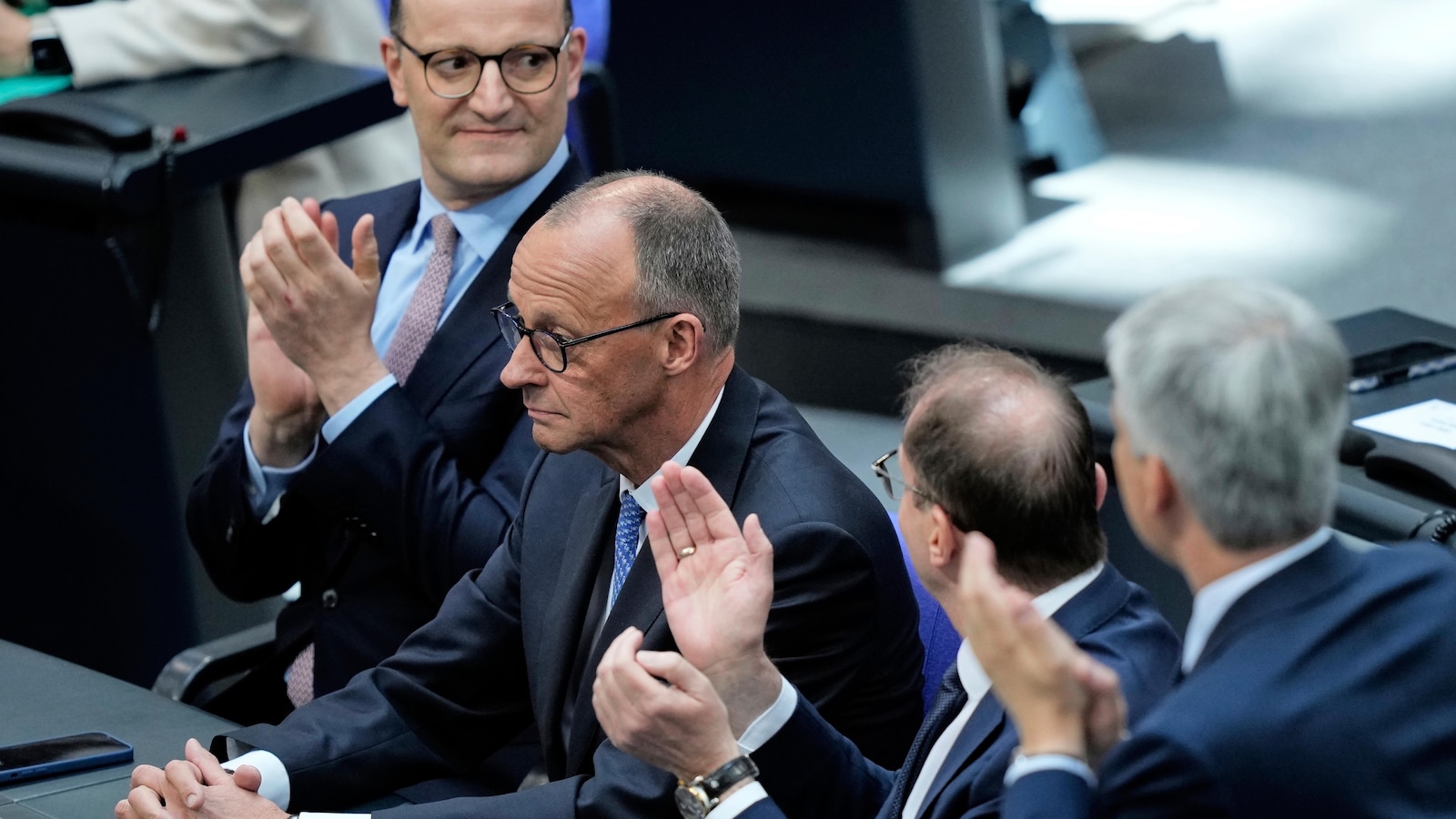

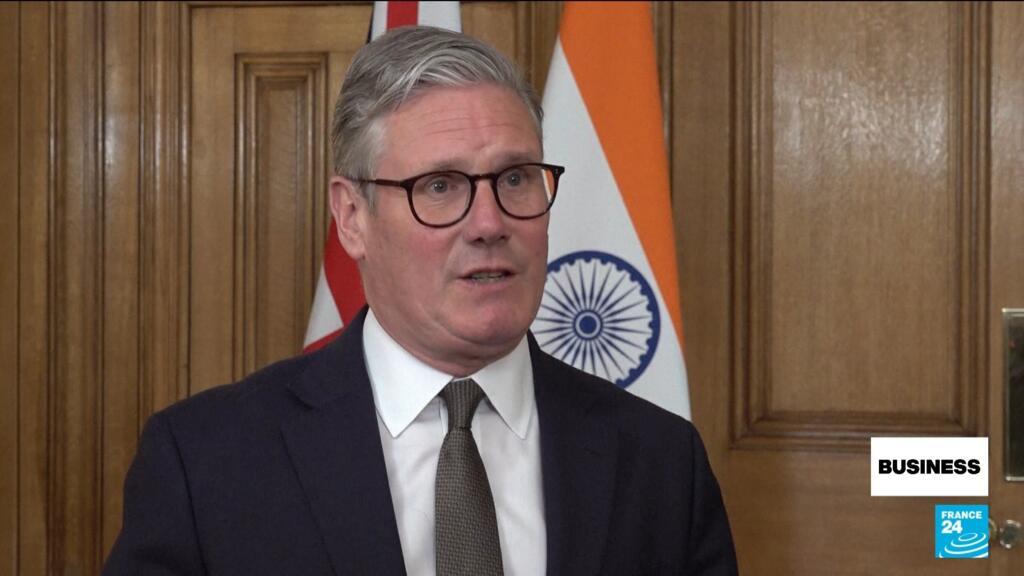

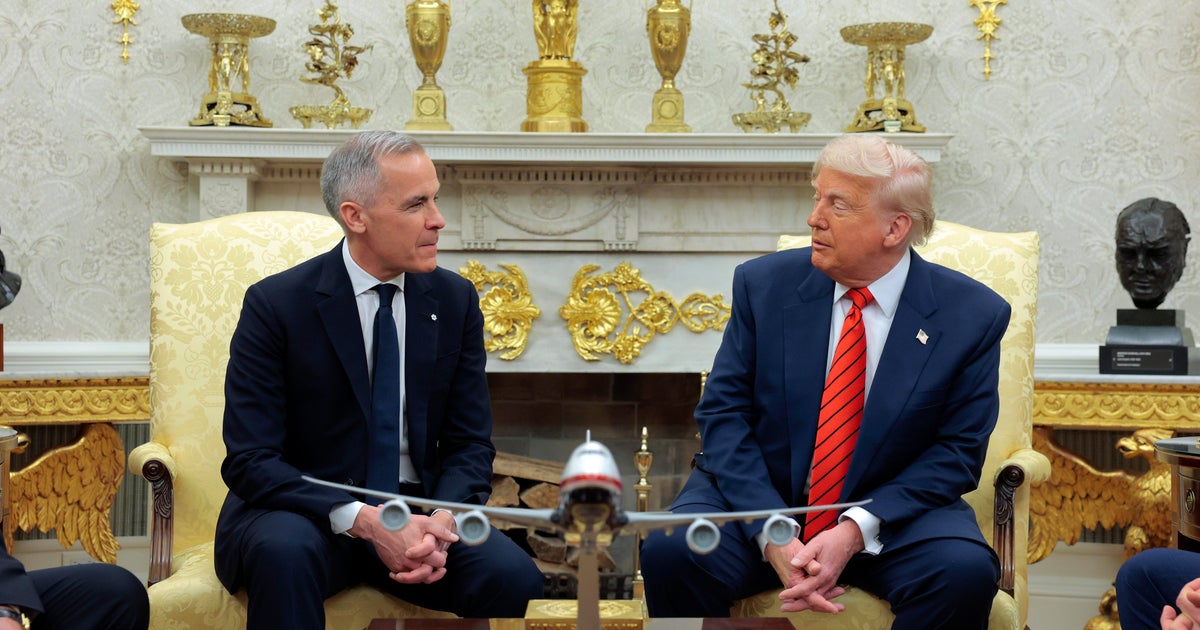


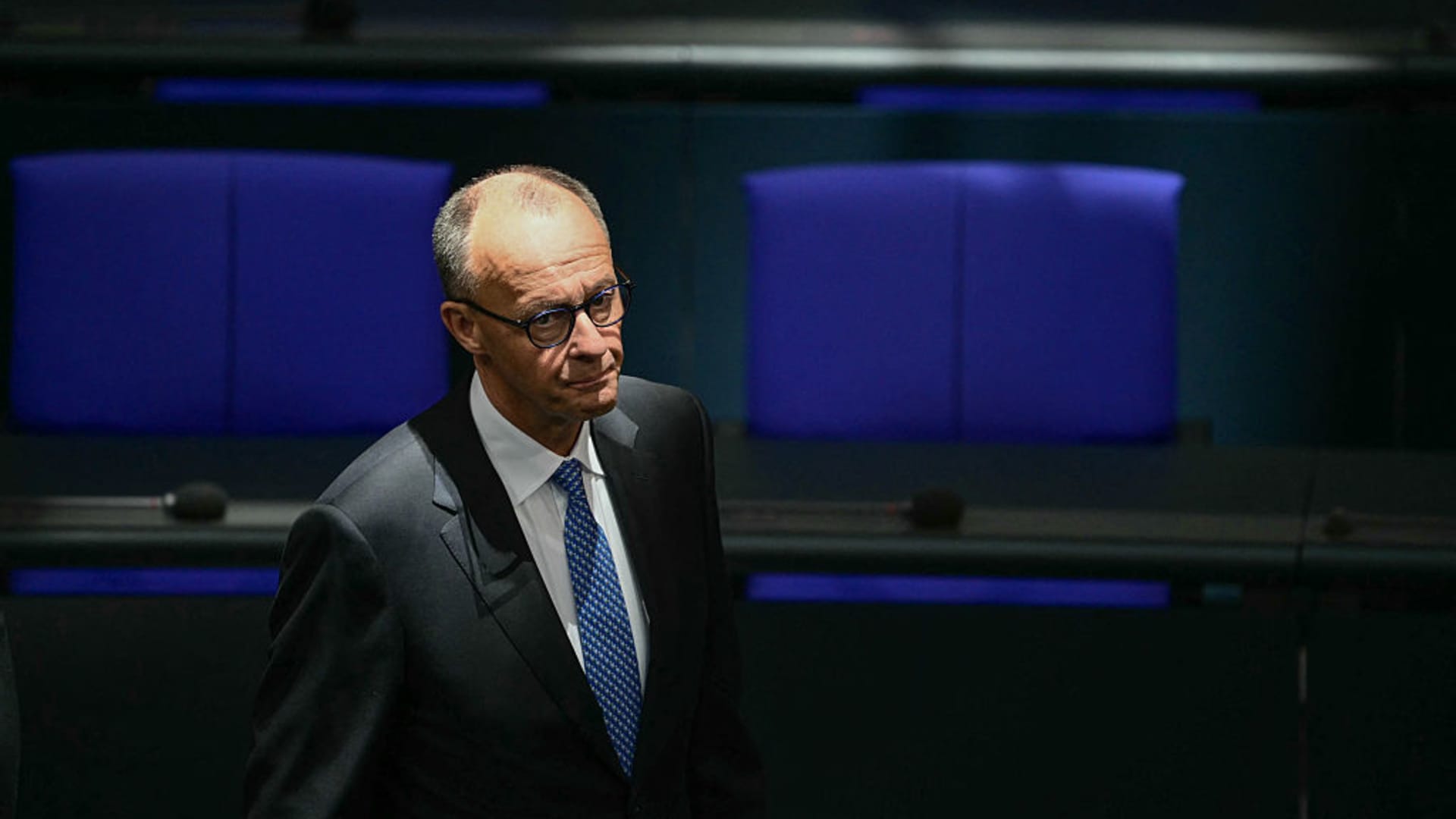
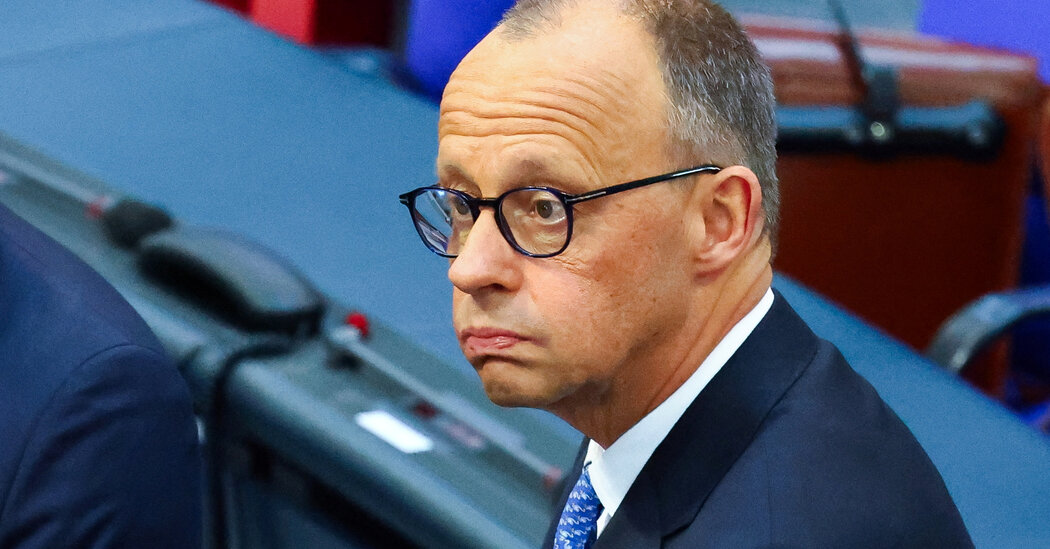

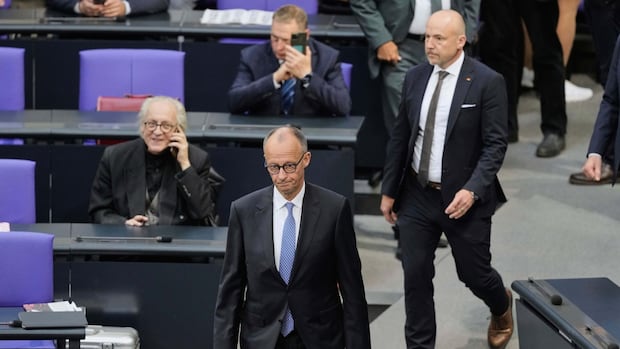

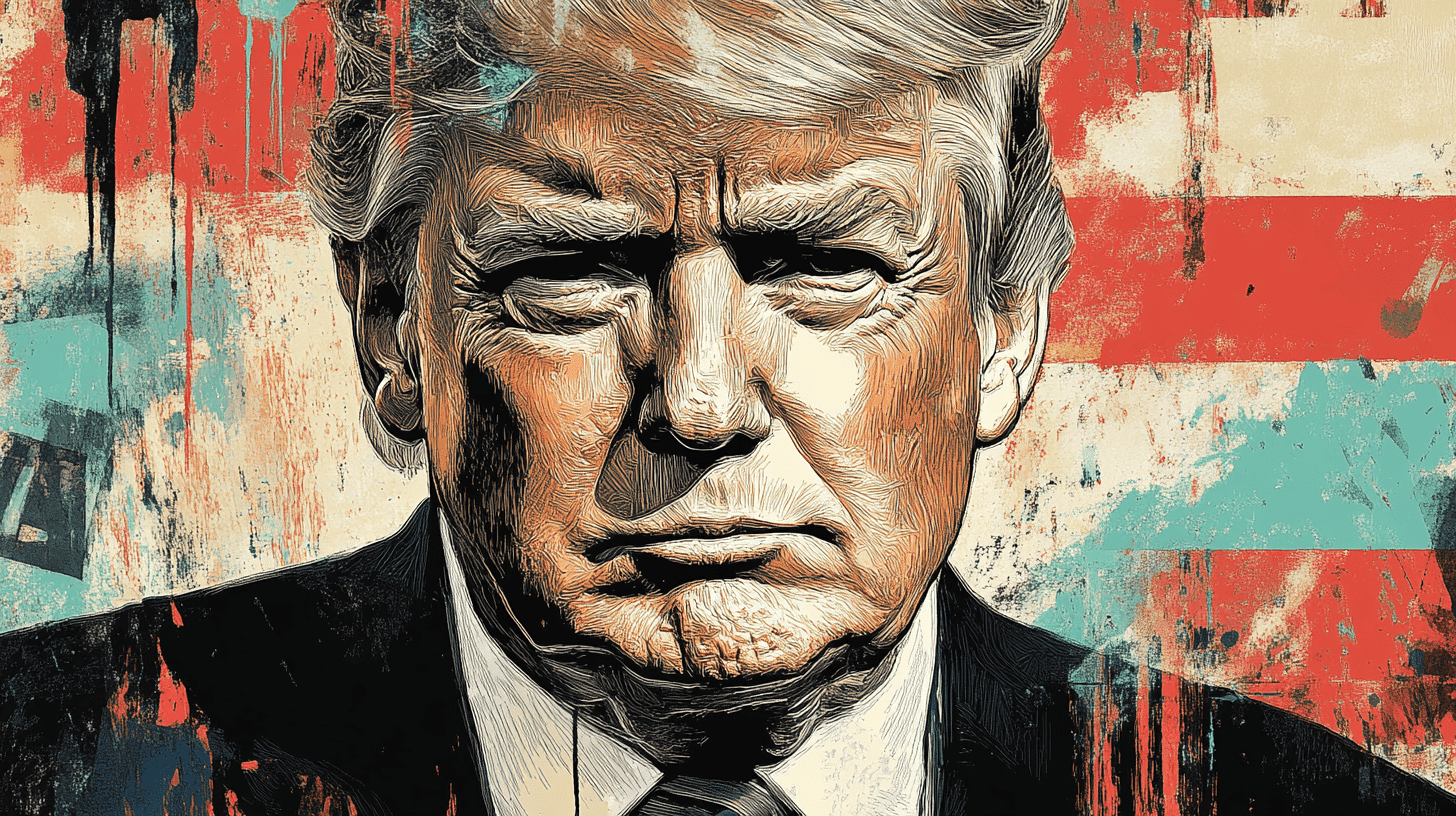

Leave a Reply